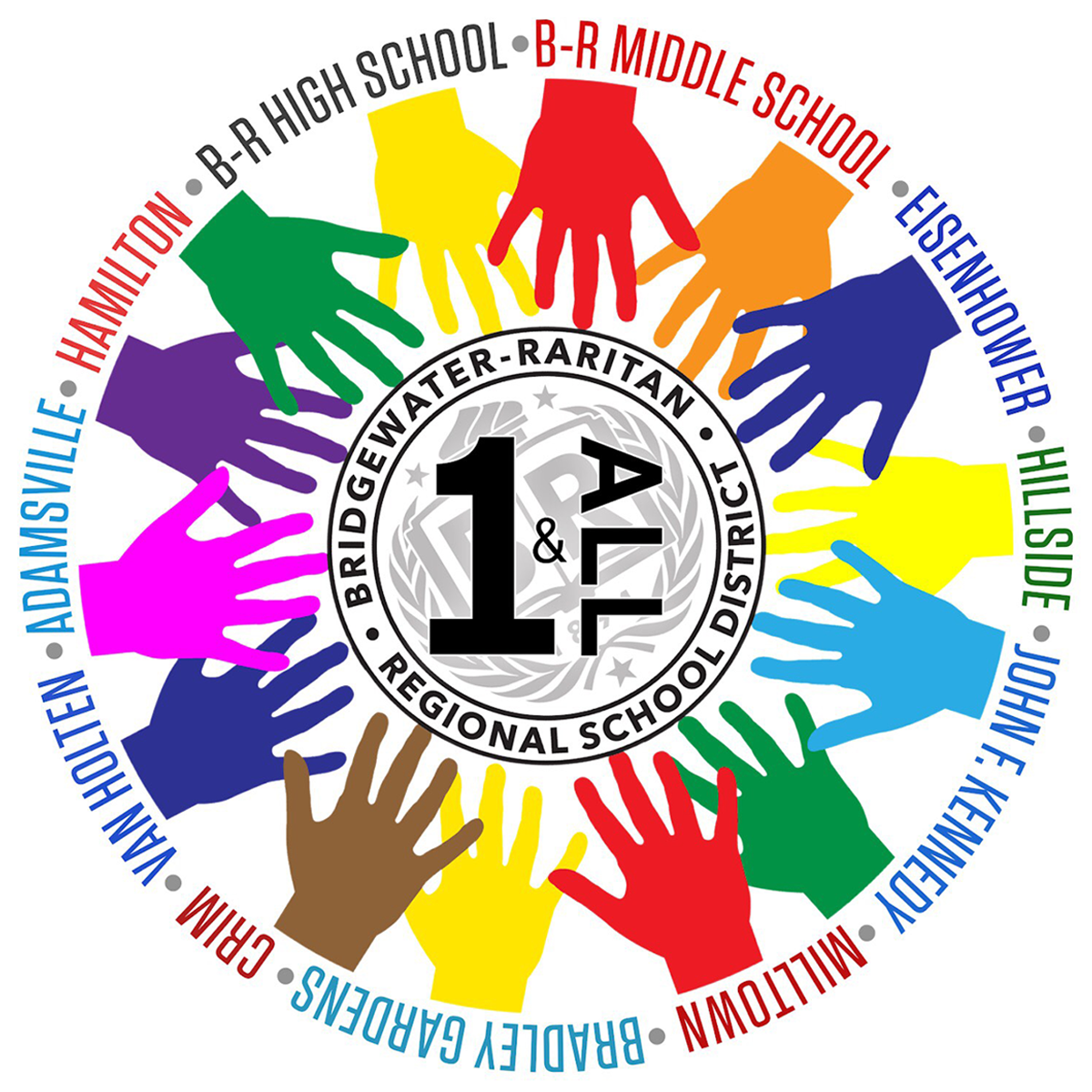Gifted and Talented K-4
BRRSD examines individual profiles to match students to services. Multiple measures are considered so that no one assessment can act as a gatekeeper. It is well researched that giftedness can be masked by underachievement, language and cultural diversity, or special needs. Great care has been taken to cast a wide, inclusive net in selecting students with unique learning needs. Local norms (comparing student performance with other students in the district and/or school) are established and used for identification. Each child's profile is reviewed, and students who require modification of their educational program are matched to services to help achieve their potential. There is no set minimum score on any one assessment.
Small Group Investigations (SGI)
Students being considered for Small Group Investigations must perform at high levels on at least two of the following assessments when compared to peers in the same school/grade:
Grades 2-4
MAP Mathematics
MAP Reading
CogAT Quantitative
CogAT Verbal
CogAT Nonverbal
Grade 1
MAP Mathematics
MAP Reading
Teacher Input
Review of Curricular Measures
Kindergarten
Teacher Input
Review of Curricular Measures
Cluster Grouping - Current second and third grade students being considered for cluster grouping in mathematics must perform at high levels on the following assessments when compared to peers in the same school/grade:
MAP Mathematics
CogAT Quantitative
Academically Independent (AI) - Students being considered for AI must perform high on all of the following assessments:
MAP Mathematics
MAP Reading
CogAT Quantitative
CogAT Verbal
Program placement will be based on student performance compared to:
Academically Independent -District Norms
Small Group Investigations and Cluster Grouping - Local School Norms
Students may be matched to multiple services. Students being matched to AI and home school based services will have the choice of program for their child. Students will be reassessed annually for consideration. As students develop their knowledge and skills, they may require gifted and talented services to reach their academic potential.
Small Group Investigations
Small Group Investigations were a recommendation that came out of the Gifted and Talented program evaluation in 2022-2023. Dr. Lenore Cortina, gifted education consultant explains, "During Small Group Investigations, students choose a topic they’d like to research, formulate research questions, conduct research, analyze the results and create a meaningful product that informs or entertains an audience. Teachers will explicitly teach the research process and facilitate student research.
Sometimes called ‘passion projects,’ students may work on a group theme or have a choice in their research topic and the product they create to share what they’ve learned. By bringing students together in small groups, advanced learners engage regularly with academic peers so they might develop both intellectual and affective skills. Research in a self-selected area of interest fosters the development of specific talents, positive learning habits and attitudes, and research, critical and creative thinking skills. Students create products that are meaningful to them, and perhaps serve a greater purpose for the community.
Throughout this process, teachers encourage, support and provide the skill instruction necessary for students to engage in the research methods that are used by professionals who study their topic. For example, historians examine primary documents or hold interviews, scientists engage in experimental research, and sociologists investigate through observation, interviews and primary documents. Therefore, these research projects will not resemble a traditional school report."
Students who are matched to this service will participate in a pull out program to explore topics beyond the curricula, in their home school. This pull out enrichment will be held one time per week. Services will be provided for grades 2-4 beginning in the fall. Services for grades K and 1 will begin later in the year.
Cluster Grouping for Mathematics
Cluster grouping is the practice of purposefully grouping identified gifted learners together in a general education classroom. Students will be grouped with like-ability peers for enrichment and/or acceleration in mathematics, in their home school in third and fourth grade.
Academically Independent (AI)
The AI program was developed to challenge the intellectually advanced student through a multi-dimensional teaching approach involving special curricula, enrichment activities, and accelerated course content.
The program provides the students with the following opportunities:
To acquire the skills as outlined in district curriculum guides.
To achieve the objectives of the differentiated curriculum in reading, language arts, science, and social studies through independent learning, individual instruction, small group instruction, and whole class instruction.
To apply higher-level critical thinking skills in all subject areas, emphasizing convergent, divergent, and abstract thinking.
To enhance elements of creative thinking: fluency, flexibility, elaboration, and originality.
To interact productively with peers, both classmates and school mates, on social and intellectual levels.
To develop independence in learning.
To use complex multidisciplinary resources and materials for self-directed, open-ended exploration of real life issues.
To attain advanced levels of skills and concepts in the content areas.
To evaluate his/her own progress based on self-knowledge of needs and interests.
To pursue individual topics of interest in greater depth.
Screening Tools for K-4
Cognitive Abilities Test (CogAT): Multiple-choice-based assessment provides information regarding abstract conceptualization in relationship to age and grade-level.
Measures of Academic Progress (MAP): A computerized adaptive multiple choice assessment that measures knowledge in reading and mathematics based on the New Jersey Student Learning Standards.
Additional Information about Gifted and Talented programs coming soon
